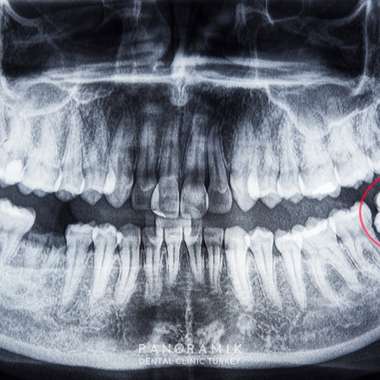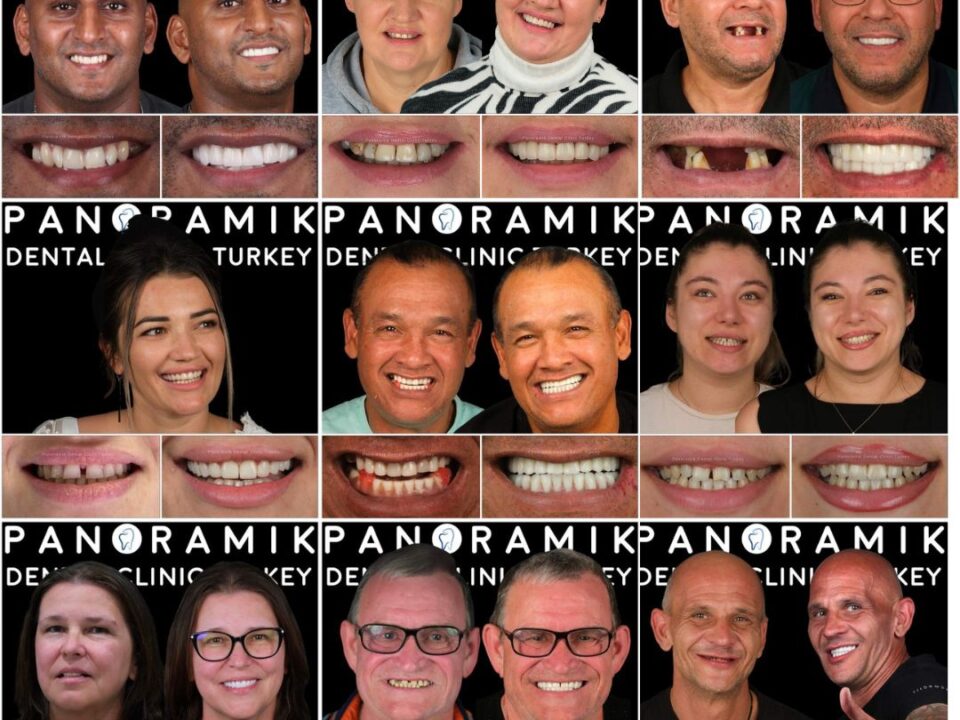
How Can I Have the Perfect Smile Like a Celebrity?
December 8, 2023
Dental Veneer Models According to Face Types
December 8, 2023
What Are Wisdom Teeth? How Are Wisdom Teeth Removed?
Third molar teeth, popularly known as wisdom teeth, usually start erupting at the age of 17 and this process sometimes continues until the age of 25. Wisdom teeth, which are quite late and difficult to erupt, are located at the very back of the jawbone. Wisdom teeth erupt later than all other teeth. Many factors affect the wisdom tooth: genetic factors, age and eating habits. However, all of these factors affect each person differently.
What Are the Symptoms of Wisdom Teeth Eruption?
When wisdom teeth erupt, they cause a person to experience certain symptoms. Different people experience these symptoms in different ways. For example, some people have no symptoms at all, while others show them very strongly. Pain inside the mouth, gum sensitivity, jaw and ear pain, swollen lymph nodes are the main symptoms of wisdom tooth eruption.
When Are Wisdom Teeth Extracted?
If there is an infection or decay in the wisdom teeth, they should be removed without delay. If the wisdom teeth are causing damage to neighbouring teeth by pressing or crowding them, extraction is the best option. If there is not enough space to properly care for the teeth, wisdom teeth should also be removed. After wisdom tooth extraction, no food should be eaten for the first 2 hours. After 2 hours, warmer and softer foods can be consumed. In this way, the operated area will not be damaged. It is not recommended to rinse your mouth after wisdom teeth extraction, as this may lead to increased bleeding.
Process Complications That May Occur
- First 24 hours: Possible blood clots are normal.
- First 48 hours: Pain in the operated area decreases.
- After 1 week to 10 days: The doctor can remove the remaining stitches.
- After 2 weeks: Swelling and bruising gradually disappear.
- After 6 months: The operated area starts to recover.
What Happens if the Wisdom Tooth Is Not Removed?
If the area where the wisdom tooth comes out is very restricted or the tooth is pressing on the gum, surgical intervention is necessary. If the intervention is not carried out or is delayed, it can lead to the formation of a tooth cyst. In addition, if the tooth comes partially out of the gum but still remains in it, it will be difficult to clean. If the tooth cannot be cleaned well, it leads to the development of infection in the mouth. It can also cause bacteria to build up and lead to bad breath. If a wisdom tooth does not have enough place to erupt, it can damage other teeth by putting pressure on them, which can cause tooth structure to be compromised.

